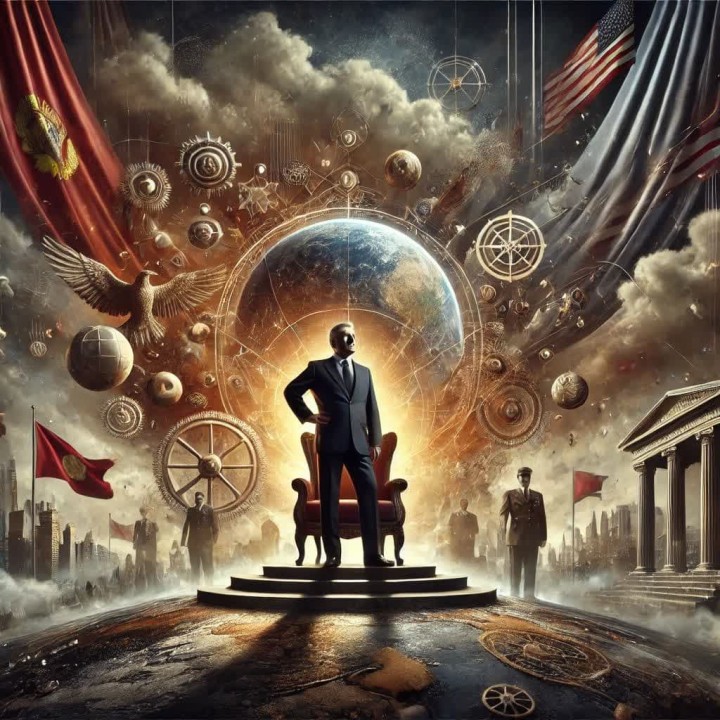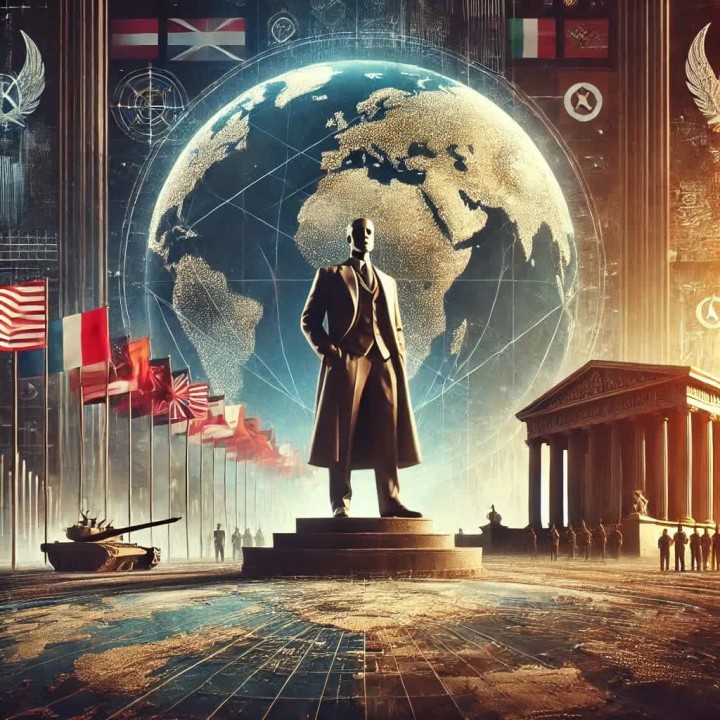Meta Description: Dive into the life of Vladimir Putin, Russia’s longest-serving leader since Stalin. Explore his rise from KGB agent to president, his iron-fisted policies, and the global debates surrounding his legacy.
Vladimir Putin: The Architect of Modern Russia’s Global Influence
Vladimir Putin, one of the most polarizing figures of the 21st century, has dominated Russian politics for over two decades. From his shadowy KGB origins to his unyielding grip on power, Putin’s journey reflects a blend of strategic brilliance, authoritarian control, and relentless ambition. As Western sanctions tighten and the Ukraine war rages, his influence continues to reshape geopolitics.
Early Life: From Leningrad Streets to the KGB
Born in 1952 in post-war Leningrad (now St. Petersburg), Putin grew up in a working-class family. His early years were marked by hardship, including surviving the Siege of Leningrad’s aftermath. A skilled judoka and driven student, he studied law at Leningrad State University, where he was recruited by the KGB. His 16-year espionage career, including postings in East Germany, honed the tactical discipline that defines his leadership.
Rise to Power: Crafting the “Strongman” Persona
Putin’s political ascent began in 1999 when then-President Boris Yeltsin appointed him prime minister. Within months, Yeltsin resigned, naming Putin acting president. Capitalizing on public fatigue from post-Soviet chaos, Putin promised stability. His ruthless handling of the Second Chechen War and populist rhetoric propelled him to a landslide election victory in 2000.

The Putin Era: Centralization and Control
As president (2000–2008, 2012–present) and prime minister (2008–2012), Putin systematically consolidated power:
- Silencing Opposition: Critics like Alexei Navalny faced imprisonment, exile, or assassination.
- Media Monopoly: Independent outlets were crushed, leaving state-controlled narratives.
- Economic Leverage: Using Russia’s oil and gas reserves, he turned energy into a geopolitical weapon.
Landmark moves like the 2014 annexation of Crimea and military interventions in Syria cemented his image as a resurgent Russia’s champion.
Controversies: Sanctions, Allegations, and Global Isolation
Putin’s regime faces accusations of election meddling, cyberattacks, and human rights abuses. The 2022 invasion of Ukraine triggered unprecedented sanctions, isolating Russia economically. Yet, Putin remains defiant, framing the war as a defense against NATO expansion. Domestically, draconian laws criminalize dissent, with thousands arrested for anti-war protests.
The Man Behind the Myth: Personal Life and Wealth
Putin cultivates an aura of mystery. Rarely seen in public with his family, he divorced his wife Lyudmila in 2013. Rumors swirl about his alleged wealth, with critics claiming he controls a secret fortune via oligarch proxies. His carefully staged public persona—shirtless horseback rides and tiger encounters—fuels both admiration and mockery.
Legacy: A New Cold War or Russian Revival?
At 71, Putin shows no intent to relinquish power. Constitutional amendments in 2020 allow him to rule until 2036, raising fears of lifelong autocracy. Supporters credit him with restoring Russia’s global stature; critics warn of escalating authoritarianism and economic decline.
Conclusion
Vladimir Putin’s legacy is a paradox: a leader revered as a patriot by many Russians and reviled as a tyrant abroad. Whether history remembers him as a strategic genius or a destabilizing force, his impact on the 21st century is undeniable. As geopolitical tensions escalate, the world watches—and waits—for the next chapter in the Putin saga.


0 Comments